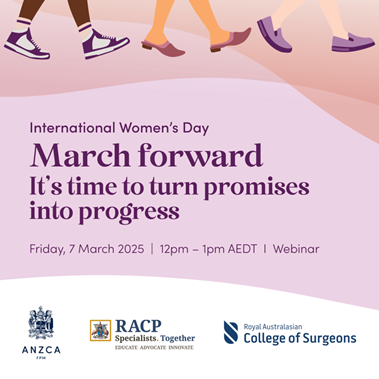A new guide on Sustainability and the Health Sector was launched today to the Canterbury Environmental Sustainability Forum by Associate Health Minister Julie Anne Genter.
“The health sector sustainability report highlights encouraging progress on climate change, as well as work that is still needed,” Julie Anne Genter says.
“The health sector is estimated to be responsible for between three and eight percent of carbon emissions in New Zealand, and must take more action to change this.
“The guide reinforces the importance of health sector sustainability and the benefits it can bring.
“These co-benefits are particularly noticeable in transport where increasing the use of active and public transport not only reduces greenhouse gas emissions, it also improves cardiovascular health.
“Sustainable practices help drive better health outcomes for New Zealand and New Zealanders.
“The guide outlines the good progress being made by DHBs. For instance, the Northland DHB is aiming to reduce its absolute carbon emissions by 15 percent between 2016 and 2025.
“It is a big challenge, but Northland is committed. Each year, it is measuring and auditing its emissions, and in two years they’ve already come down by 10 percent.
“In Hawke’s Bay, the DHB wanted to improve sustainability, while also balancing the needs of patients and staff traveling to and around its hospital. They developed a Go Well Travel Plan to improve access for low-income families and whānau, promote exercise, reduce their carbon footprint and make better use of the available car parks.
“In demonstrating this sort of Kiwi pragmatism, Northland, Hawke’s Bay and other DHBs can make real differences. They are identifying where their major sources of emissions are, and where they can make progress. It also helps identify where more work is needed.
“Today in Christchurch I have heard about the decision making process that led to the Canterbury DHB establishing the new Christchurch Hospital Energy Centre, and deciding to use woody biomass instead of coal.
“Around the country people are making great strides to tackle to biggest challenge of our time, climate change. I look forward to seeing more progress on reducing our health sector emissions and delivering those health co-benefits to improve equity,” says Julie Anne Genter.
The guide is online here:








